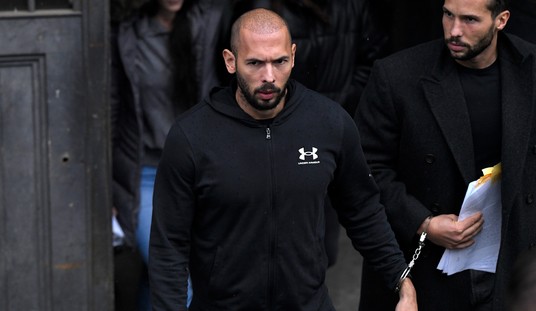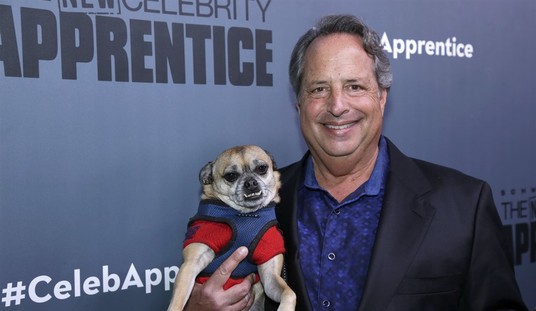An eternal temptation given how tedious the SOTU has become, but I think it’s a bad idea. Even though I’m probably a minority of one in doing so.
What passes for our political dialogue — surrogates and talking heads — encourages little more than bluster. Direct questions to the president by elected representatives could do much to rekindle our democratic spirit. This wouldn’t need to be a circus: Disrupting the dignity of the event with flippant or ridiculous comments could lead to excoriation, as we have seen in the past. Remember that after he shouted “You lie” during Obama’s 2009 State of the Union, Rep. Joe Wilson (R-S.C.) was rebuked by the House and apologized. In 2010, Supreme Court Justice Samuel Alito was criticized after mouthing “Not true” during the address. There have been stinging repercussions when audience members have strayed outside the bounds of decorum, leading us to believe that propriety would abide in a Q&A.
The president could open the State of the Union with a statement of no more than 10 minutes that, as before, would recognize national accomplishments of the past year and outline new initiatives. Then, the floor would be turned over to the vice president, in his role as president of the Senate, and the speaker of the House or the ranking minority leader. They would moderate together. Party leaders could select up to seven of their representatives to ask prepared questions, similar to the town hall format of some presidential debates. Every representative would be allowed to submit questions to party leaders, and some questions might be chosen at random.
Reading that, I thought of what Robert Gates says in his book about TV cameras having the same effect on members of Congress as a full moon does on werewolves. A “question time” segment between the executive and the legislature with ~30 million people watching would be the Super Bowl of grandstanding. It would be insufferable, start to finish — not as much as Obama droning through a speech ticking off items on the Democrats’ latest policy wishlist for 65 minutes, admittedly, but that’s the lowest of low bars to clear. The questions posed to O by his own party would, naturally, be softballs scripted by the White House to give him a chance to tee off. Questions posed by Republicans would necessarily be confrontational and accusatory lest the leadership be slammed for having blown a golden opportunity to embarrass Obama on national television. And the worst part is, nothing substantive would come out of the session. It’d be a fun little political gladiatorial spectacle (Ted Cruz versus Obama in the arena) but we’ve had those before and no one cares a day later. Remember the time early in his first term that Obama visited the House Republican retreat and fielded questions for awhile? Remember that health-care summit that the parties organized while ObamaCare was being debated, when Obama and Pelosi and Eric Cantor and Paul Ryan and a bunch of others sat down to run through their talking points? They’re good blog fodder but these things never lead to debate in any meaningful sense. They’re essentially an exchange of talking points. Who cares? If “more empty political theater!” is the answer, what’s the question?
Besides, it may be counterintuitive but I think the Q&A format benefits the president more than the current format does. In theory, the hour-long speech is more favorable to him because he gets to dictate the topics and give his view unchallenged. But that’s also what makes it boring and predictable; there’s a reason why fewer people tune in each year the longer his term wears on. If you want to make sure that O’s big moment next week goes nowhere politically, just wind him up and let him talk for awhile. Conversely, letting him parry questions from Republicans amid some WWE-ish “GOP vs. Democrats” media hype gives him a spotlight to show the public that he can answer even the toughest challenges from his opponents. Whether his answers are compelling or correct is beside the point; the vast oceans of low-information voters who watch the SOTU out of curiosity and then barely think about politics for the rest of the year won’t be able to tell. All they’ll know is that O looks smart in being able to cough up some talking points on any subject the minority party throws at him, and because of the nature of the format, he’ll end up having the last word. Realizing that, the GOP would have to shift its question strategy from getting into the weeds with Obama on a particular subject like ObamaCare to ticking off items on its list of Obama scandals purely in the interest of raising public awareness about them. There’d be an ObamaCare question, a question about long-term unemployment, a question about Benghazi, a question about the IRS, etc etc. What the questions dealt with specifically would be far less important to GOP spin doctors than simply raising the topic to pique low-information voters’ curiosity. And so, predictably, both sides would end up talking past each other in order to use the event for talking-points camera time. Meh.
Exit question: Why not do away with a formal address for the SOTU and just have O issue a written statement instead?







Join the conversation as a VIP Member